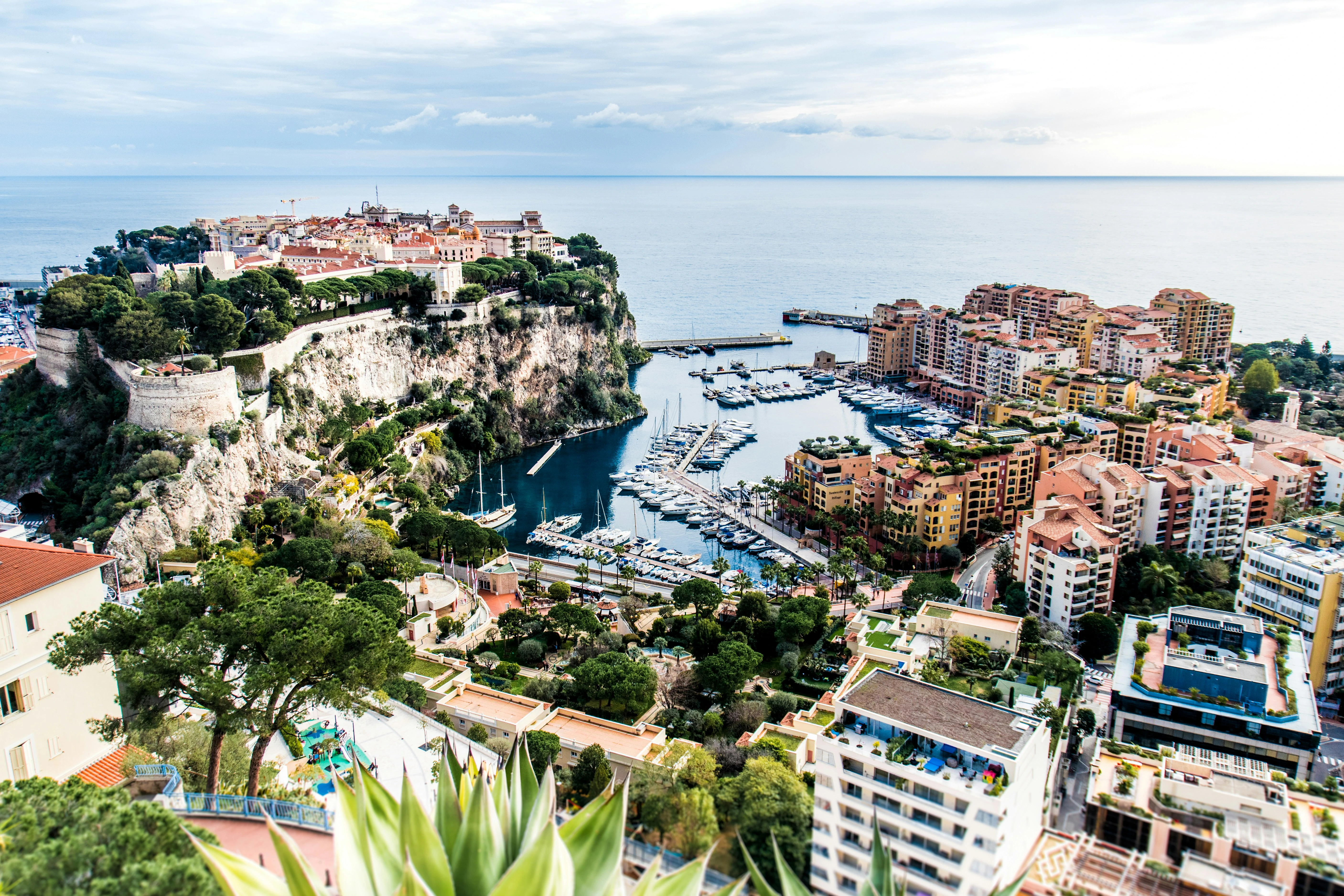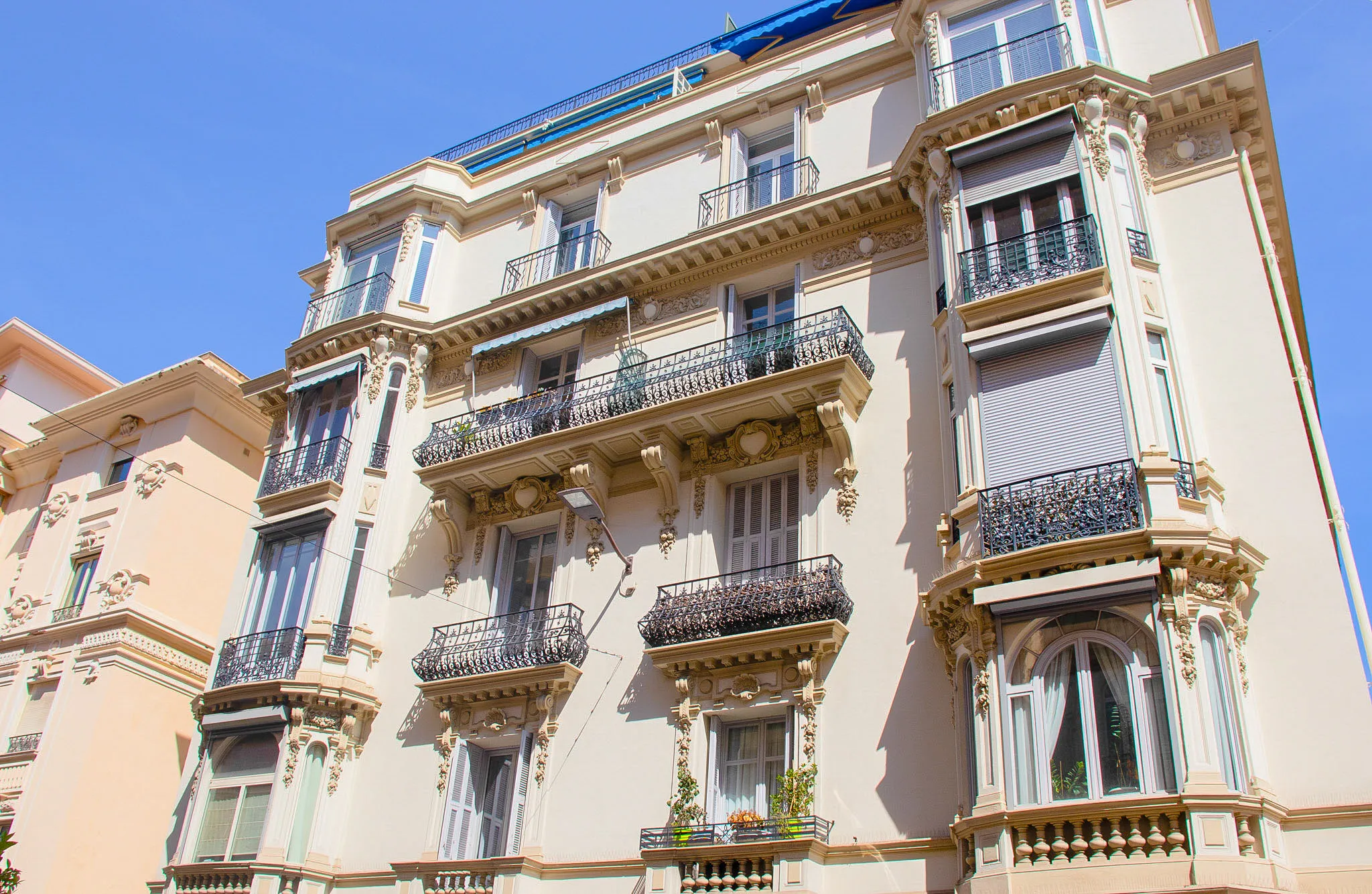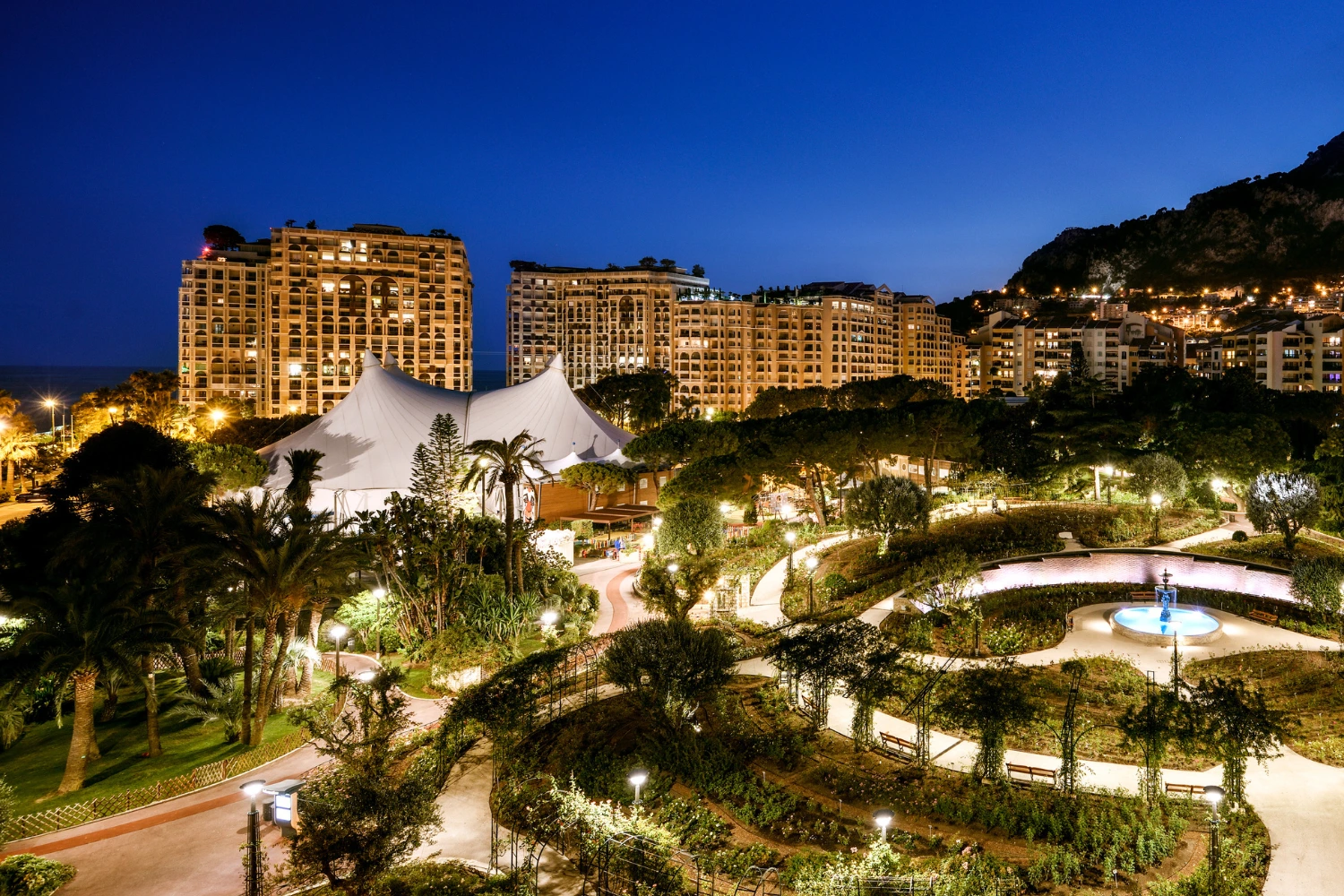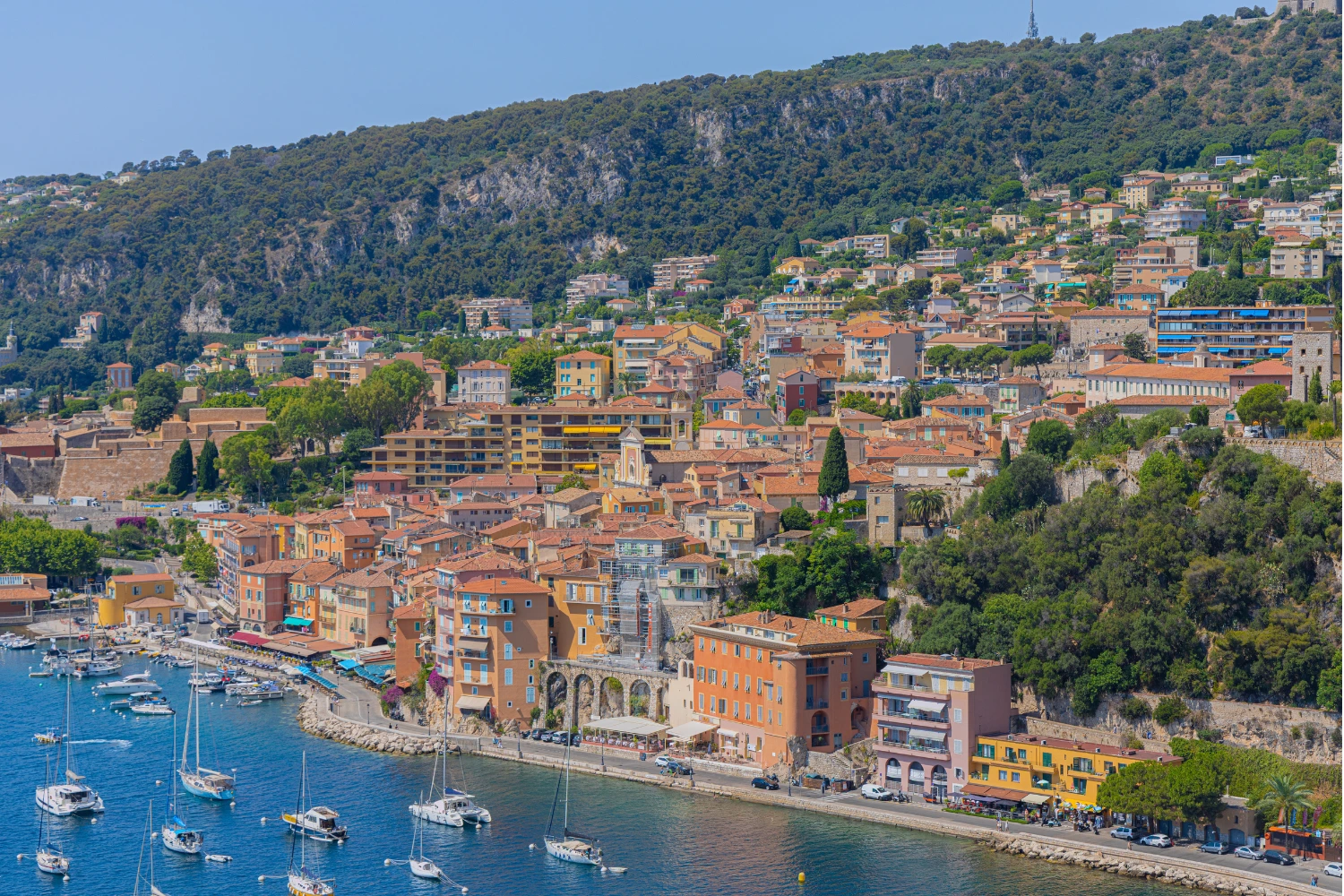
Monaco, synonym of opulence and refinement, is currently redefining the outlines of luxury by integrating sustainable practices in its real estate sector. The Principality, conscious of the importance of preserving its exceptional environment while answering to the aspirations of a clientele always more demanding, commits to a transition towards buildings that are more respectful to the environment.
This transformation is carried by multiple factors. First and foremost, collective awareness is consistently growing. The Monegasques and the foreign inhabitants are becoming more sensitive to the environmental issues and wish to live in spaces that reflect those values.
In parallel, the Princely government has displayed a strong political will to make Monaco a model in terms of sustainable development. Ambitious policies have been set in place to reduce the carbon footprint of the Principality and encourage eco-responsable practices in all sectors, including real estate. Finally, a regulatory framework more and more strict comes in to support this dynamic. New norms in terms of energetic efficacy and use of ecological materials are regularly instituted, encouraging the industry players to innovate and offer solutions always more performant.
Sustainable real estate in Monaco is based on several fundamentals. The energy efficiency is at the center of this approach. The new buildings are conceived to optimize their energy consumption thanks to innovative solutions such as the use of high-performance insulation, energy-efficient heating and air-conditioning systems, and renewable energies such as photovoltaic solar power and geothermal energy.
At the same time, a particular attention is given to the choice of the construction materials. Promoters give priority to natural and recycled materials, such as wood, natural rock or bio sourced materials, which have a more favorable environmental balance throughout their life cycle. Waste management is also the focus of increased attention, with the introduction of selective sorting systems and the development of recycling channels.
Waste management is also the focus of increased attention, with the introduction of selective sorting systems and the development of recycling channels. Finally, the preservation of biodiversity is integrated right from the conception of projects, with the creation of green spaces and the plantation of local species.
This project, also known under the name of "tour des Giroflées", is a leading example of sustainable real estate in Monaco , delivered by the Pastor Group. Located in the Saint-Roman neighborhood, this luxury residential tower integrates cutting-edge technologies to reduce its energy consumption and its environmental impact. It is equipped with rainwater harvesting systems, solar panels and efficient thermal insulation. It has been awarded with a Breeam certification « excellent level », and becomes the first collective ensemble in Europe to have subscribed to this process. As explained by Aïleen Fabre, sales manager of the Centre Immobilier Pastor, for Pages Monaco: « The apartments of the MoNa Residence are destined to the very high standing Monegasque rental market and are part of the real estate assets of the group with the ambition to offer a unique living environment in the Principality. »
The eco-responsible choices in the area of real estate are not only a question of image, they bring numerous real advantages.
First and foremost, apartments for sale in Monaco or for rent in the Principality that are sustainable are seen as a safe investment and tend to achieve better long-term value appreciation. Their energetic performance makes it possible to reduce the costs of exploitation, which is particularly attractive for buyers and renters.
Moreover, these properties answer to meet the expectations of an increasingly demanding clientele in terms of the environment, thus reinforcing Monaco's appeal.
In order to ensure the quality of the sustainable real estate projects, Monaco has set up a demanding regulatory framework and relies on well known environmental certifications.
The regulation existing in Monaco for a sustainable real estate. Construction norms: Monaco has adopted very strict construction norms, inspired by the most demanding international standards.
These norms focus on different aspects:
- Thermal insulation: The buildings must reach high thermal insulation levels to reduce the needs for heating and air conditioning.
- Airtightness: The buildings must be conceived to limit the energy losses due to air infiltration.
- Ventilation system: Ventilation systems must ensure good indoor air quality.
- Lighting: The use of energy-efficient lighting systems is mandatory.
- Water: Sanitary equipment must be designed to limit water consumption.
- Renewable energies: The integration of renewable energies (solar photovoltaic, geothermal) is strongly encouraged, and even mandatory for certain types of building.
- Environmental Certifications: To go beyond minimal norms, Monaco encourages the environmental certification of buildings. The certifications that are the most internationally renowned, such as LEED, BREEAM or HQE, are often targeted by real estate promoters. These certifications evaluate the environmental performance of a building on the entirety of its life cycle, from conception to demolition.
- Financial incentives: The Monegasque government is setting up financial incentives to encourage private individuals and professionals to invest in energy-efficiency renovation projects and the construction of sustainable buildings.
These regulations have a significant impact on the Monegasque real estate market :
Building quality: New buildings are of higher quality and more energy-efficient.
Living comfort: Occupants benefit from improved thermal comfort and better indoor air quality.
Property enhancement: Environmentally-certified buildings are more valuable on the market and can benefit from a premium on sale or rental.
Monaco’s attractivity: These ambitious policies reinforce Monaco's attractiveness as a destination of choice for a sustainable real estate investment.
Despite these significant advances, some challenges subside :
Construction costs: Durable buildings have an initial higher construction cost, which can be an obstacle for some investors.
Regulation complexity: The multiplicity of standards and certifications can make the design and construction of sustainable buildings more complex.
Lack of competence: The construction sector needs to adapt its skills to meet the demands of sustainable real estate.
Sustainable real estate is currently transforming Monaco’s urban landscape. The Principality, by combining luxe and responsibility, is a pioneer in sustainable development. Sustainable real estate projects are becoming more and more numerous and varied, answering to the aspirations of a clientele that is both demanding and concerned with the environment. This evolution benefits the environment, but also the local economy and the residents quality of life.

The Belle Epoque and its refined architectural style or the praise of a princely elegance, so Monegasque. By chance or by destiny, the San Carlo possesses it, which gives a charm of established posterity...

The International Circus Festival of Monte-Carlo is not just a show: it is a cultural institution that turns Monaco into the world capital of circus arts for nearly ten days. Each year, the greatest circus...

A gem nestled between Nice and the Principality, Villefranche-sur-Mer embodies the essence of the French Riviera: colorful streets, historic façades, and breathtaking sea views. Its bay is ranked among...

This site is protected by reCAPTCHA and the Google Privacy Policy and Terms of Service apply.